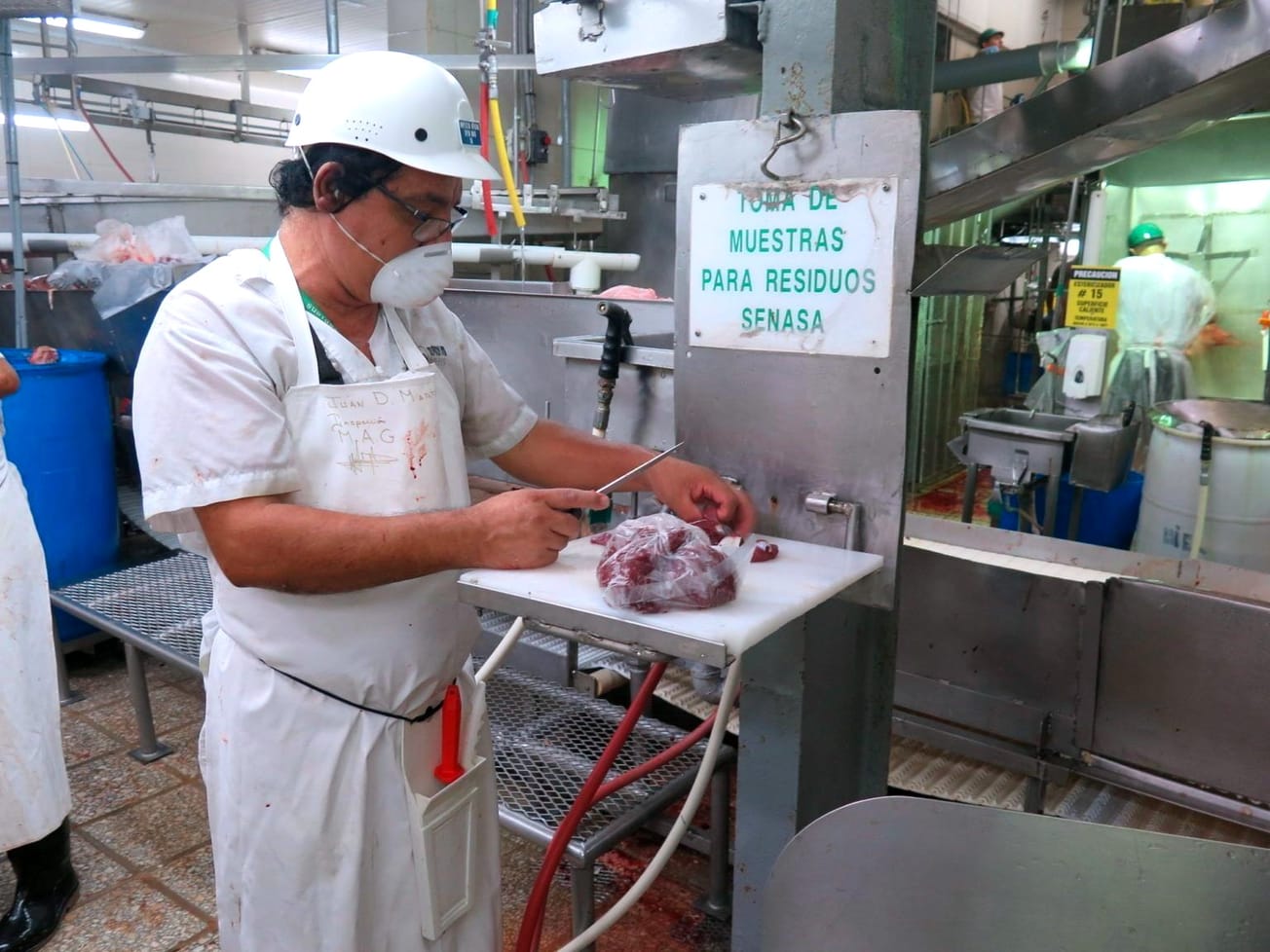WASHINGTON (AN) — As the COVID-19 epidemic spreads, the International Atomic Energy Agency is offering to help in the fight against disease transmission with diagnostic kits, equipment and training.
Speaking in Vienna on Monday, IAEA Director General Rafael Mariano Grossi said that scientists from countries requiring assistance would be given training in a technique using nuclear-derived machines which can identify the virus accurately “within hours," the agency said.









